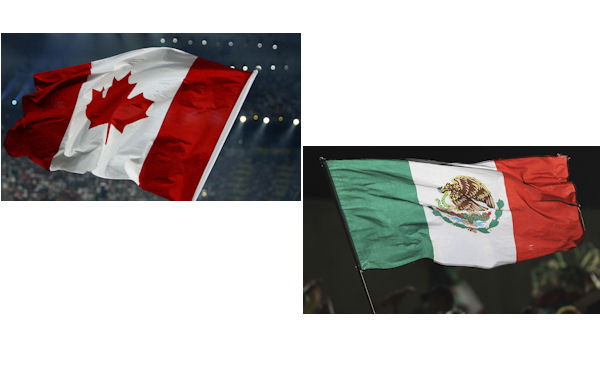COOL Retaliation Could Hurt U.S. Economy

Time will tell what ruling is issued by the World Trade Organization (WTO) regarding the United States Mandatory Country of Origin Labeling (COOL), but a coalition of U.S. industries wants to be prepared for the worst.
This coalition is asking U.S. Congress to take action on directing the Secretary of Agriculture to suspend indefinitely the revised COOL rule if it is found to be in violation of U.S. international trade obligations.
Canada and Mexico challenged the revised COOL rule for muscle cuts of meat in the WTO shortly after the United States Department of Agriculture issued the revised rule, arguing that COOL has a trade-distorting impact by reducing the value and number of cattle and hogs shipped to the U.S. market, thus violating the WTO Technical Barriers to Trade Agreement.
The official ruling isn’t expected from the WTO until July 29, but this coalition of varied manufacturing and agricultural interests feels strongly about protecting the U.S.’s economic share in regards to two of the country’s largest trade partners.
Since the North American Free Trade Agreement was initiated in 1994, U.S. trade between Canada and Mexico has grown three and a half fold to $1.2 trillion; those two countries buy about one-third of U.S. products.
Though the argument over the muscle cuts of meat is rather narrow in focus, the retaliation from Canada and Mexico could have a much broader-reaching impact, subjecting U.S. exports to retaliatory tariffs thus putting U.S. trade and jobs in jeopardy.
About the Author(s)
You May Also Like



